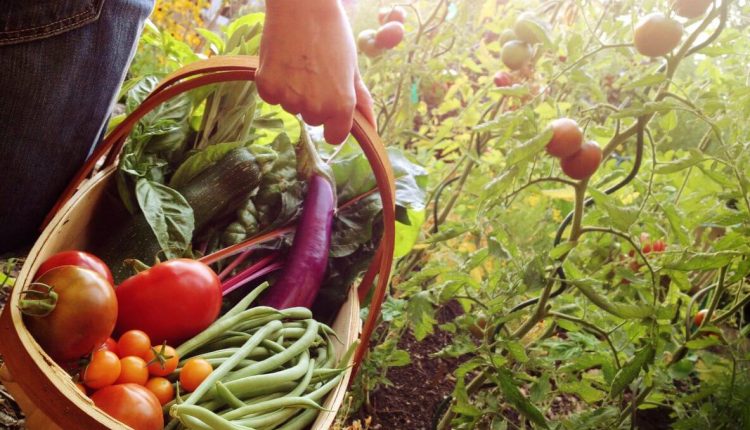Tips For Harvesting Your Organically Grown Produce
It can be confusing to buy the right equipment and fully understand an organic garden. There are also other other considerations, like the optimal soil for a garden and the right seeds. The following article will provide you with advice that will help you create your dream organic garden.
Be sure to test your soil before you plant your garden, if you want to be successful without the need for chemicals. A home testing kit can tell you the pH of your soil, which indicates the likelihood of plant survival. A vegetable garden requires a pH of about 6.5; if your soil is off, you can supplement before your plants start to die.
If you live in the city, you can still reap the benefits of organic gardening through container gardening. Herbs especially will thrive in indoor pots, as long as they are large enough. Container gardening can be easier than outdoor gardening when going organic, as there is less risk of exposure to insect pests or weeds.
A great tip when participating in organic gardening is to always wash your containers. This is needed so that you will protect your plants from getting any diseases. You should wash them in warm, soapy water, and then rinse using a diluted solution of bleach and water. This will ensure that your plants stay healthy.
Protect your seeds from fungus with natural products. You can use milled sphagnum moss to protect all your plants. If your seeds need light to grow, sprinkle the moss first and then place your seeds. This solution is much better than any chemicals you can find in a store and will protect your seeds efficiently.
A great rule of thumb to follow when planting an organic garden is less is more. While you’ll want to plant a little more than you think you will need in case of rot or pests, you don’t want to overdo it because you’ll end up with much more than you can handle.
Create soil for your organic garden by composting. Composting is a wonderful way to re-use some items that you would normally throw away as garbage. It also provides for rich and fertile soil, without the use of chemicals and pesticides. Compost bins are available in many sizes to fit your specific needs.
Plant ornamental, edible plants as part of your regular yard landscaping. Good plants to start with include rosemary, thyme varieties, sages, oregano and basil. These all look great mixed with perennials, and they will supply you with enough that you won’t need to purchase them anymore – herbs are expensive at the supermarket.
Choose a site for fruit trees depending on their specific requirements. Most fruit trees require 8 hours of sun per day. Morning sun is important, as it dries dew rapidly, helping to prevent fungus. Avoid planting fruit trees in a low spot in the garden where frost or cold air can collect. Some fruit trees are especially susceptible to late frost damage, and are better planted on a north-facing slope. This is especially true for peach, plum, cherry and apricot trees.
As was stated previously, growing your own organic garden can have an unbelievably positive effect on your eating habits, especially when you understand the sheer number of varying plants it is possible to grow. Use the tips and advice presented here to get the most of your organic garden. It can be a source of pleasure for years to come.

